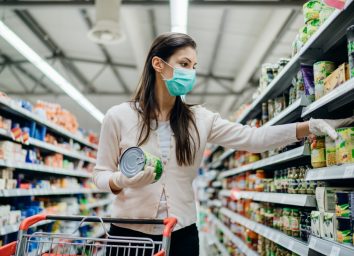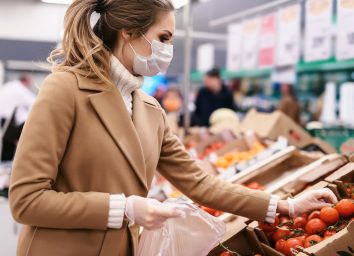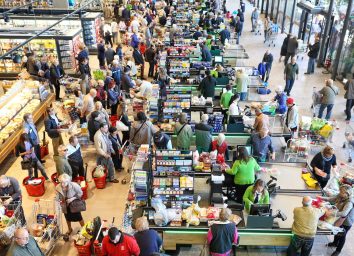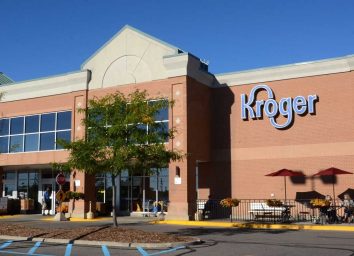These Foods Will Vanish from Grocery Store Shelves, Experts Say
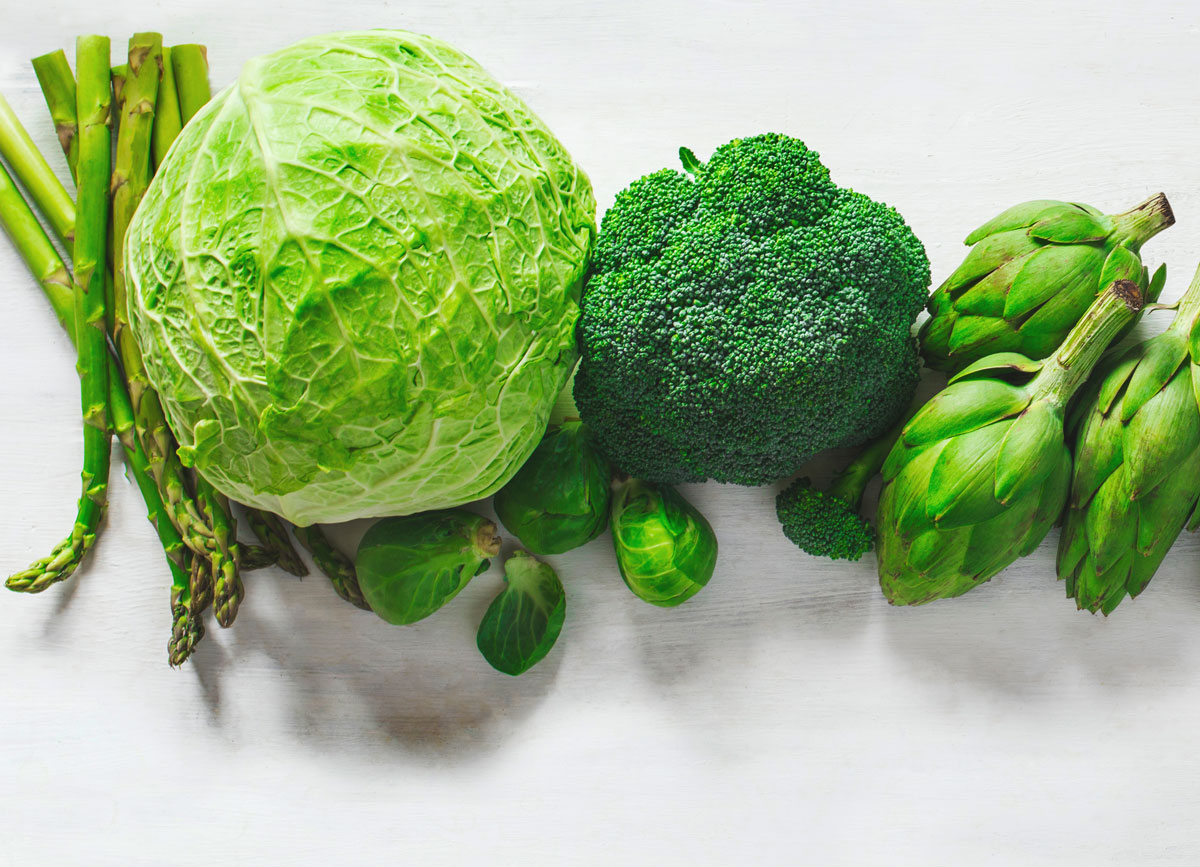
A pair of college professors are warning that the coronavirus pandemic might have long-term effects on the food supply chain that will lead to limited availability of some of the most popular food items.
There have been scads of unnerving reports of how the coronavirus pandemic has disrupted both national and global food supplies. As the nearly nationwide lockdown has ended and much of the country has started a slow and safe reopening, empty grocery store shelves have returned to their previous, packed status.
However, the coronavirus pandemic will continue to disrupt food supply chains—at least until there is a reliable therapeutic or vaccine widely available—as workers across the industry continue to face potential infection. In an interview with Business Insider, Miguel Gomez, professor of agricultural economics at Cornell University, and Carolyn Dimitri, associate professor of nutrition and food studies at NYU, identified ways food supply chains may be affected.
Gomez and Dimitri noted that foods that require longer processing times or that are produced in crowded facilities are likely to experience supply disruptions. “Because agriculture is so labor dependent, if you end up having a huge outbreak during the planting season or the harvest season (and it’s kind of hard to predict when that will happen) it will disrupt the ability of people to work either on the farm or in the processing facilities, and there will continually be problems,” Dimitri noted. As a result, shoppers might have reduced choices when it comes to a number of different foods.
Meat products that come from processing facilities like beef, pork, and poultry are among the products listed as those that will be limited in supply. Since meat processing plants are crowded and poorly ventilated, they can serve as a petri dish for the spread of the contagion—and nearly two dozen processing plants have already closed because of outbreaks. As a result, numerous meatpacking executives have warned of a looming meat shortage.
Imported products, like cheese, will also be limited, according to Gomez, who told Business Insider: “Many countries that export commodities are worried about food security. In response, some are restricting exports of certain commodities to ensure enough availability in the countries.”
Also, highly perishable foods like broccoli, apples, and berries will be harder to come by. “In terms of what we see consumers buying more of, we’re seeing things they can store for a long time,” Gomez said. “For example, they prefer to buy apples because they last longer in the refrigerator than broccoli or things that are very perishable.”
Dimitri noted that the changes in food supply won’t likely reveal themselves until the winter. “We are heading into the US domestic production season, and we tend to supply most of the produce until the early winter, so I don’t anticipate seeing a huge effect at the grocery store until we have a change in season,” she said. “And then of course the causes will be shortage of labor in other countries, and disruption in how quickly things can flow through the supply chain, and then you’ll end up having produce spoiling on its way to the US.”
For more, make sure to sign up for our daily newsletter to get the latest grocery shopping news, and check out the single biggest change at the grocery store shelves you can expect.
